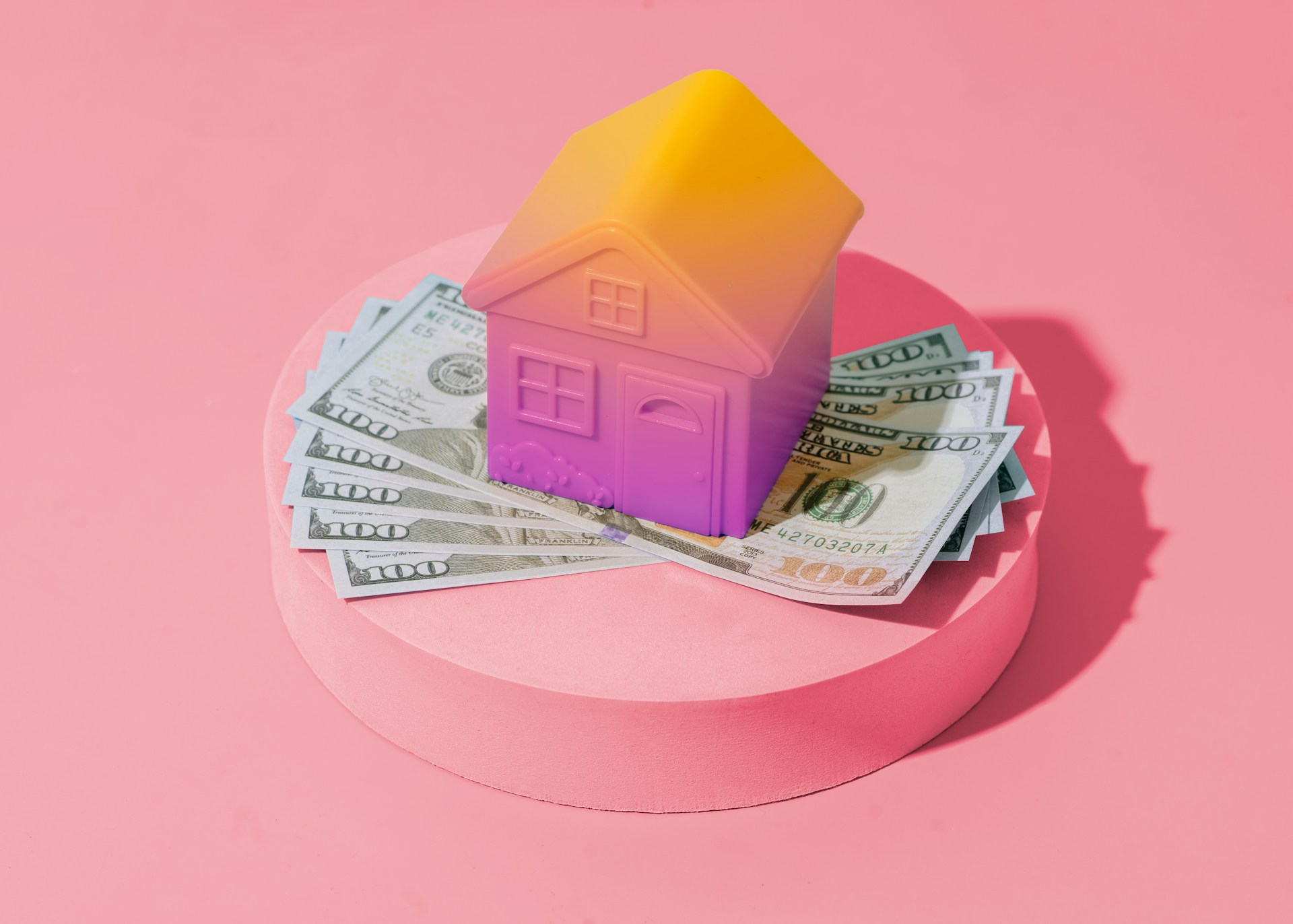Is it mandatory to pay VAT on holiday rentals? Everything you need to know
This is how much your holiday home has to earn before you need to pay VAT

August 2025
If you are confused by VAT, know that you’re not alone. Many holiday home owners in the UK struggle to work out exactly how much they have to pay. Well, you can stop worrying because we’ve got you covered! Whether or not you are legally obliged to pay VAT on your holiday rental all depends on your holiday rental’s annual earnings. Read on to find out if you need to pay VAT on your holiday home, and how much this would be.

What is VAT?
In the UK, VAT stands for Value Added Tax. It’s a tax that is applied to many different kinds of goods and services. The standard rate of VAT is currently 20%.
Do I need to pay VAT on my holiday rental in the UK?
The simple answer is yes. A holiday rental is considered to be a form of investment. When someone rents your holiday home, they are adding value to the property and giving you an income —hence, the need for VAT.
That being said, tax is often a tricky subject, and there are some exceptions, as we’ll see below.
Holiday home owners are often confused by the fact that you don’t need to pay VAT if you rent out a property to a long-term tenant. Keeping a property as a residential rental is not considered to be adding value to it. Holiday rentals, referred to in legislation as FHLs (furnished holiday lets), are subject to a different set of regulations.
How is VAT on tourist accommodation charged in the UK?
Firstly, your property needs to meet the standards of an FHL. To fit this definition, it should:
- Be fully furnished, containing all the standard appliances that people need to live in a property.
- Be available to book for short-term stays for at least 210 days of a 12-month period.
- Only be booked for short-term stays. This means no single tenant can stay longer than 31 days consecutively or longer than 155 days of a 12-month period.
- Be let out at least 105 days of a 12-month period.
If your property meets the above criteria, it is considered to be an FHL. Once a holiday home’s business income exceeds £90,000 a year, VAT becomes compulsory. A landlord whose property has a business income of less than £90,000 a year can still register and opt to pay tax voluntarily.
It’s important to remember that some of the criteria for FHLs are judged on a 12-month period, not a tax year or calendar year.
Landlords who own a FHL have a couple of specific, unique tax rules. Firstly, any profits from their FHL count as part of their earnings for pension purposes. Secondly, they can claim some Capital Gains Tax relief. This entitles them to allowances on things necessary to keep the rental running, such as furniture, equipment and fixtures.
Can I reclaim VAT on tourist apartments in the UK?
If you have a VAT-registered business, you will be able to reclaim VAT on some of the business costs you incur. Note that personal expenses are not included. However, many of the goods and services needed for your holiday rental business are sold with a 20% tax levy. When you fill in your HMRC tax return, you can reclaim this VAT.
Some of the things you may be able to claim back VAT on include furniture for your holiday rental, cleaning and maintenance products, decorative items, renovation costs, and more. You may even be able to claim back tax on things like the design for your holiday rental website.
What is the threshold for VAT on holiday rentals?
The threshold for VAT on tourist or airbnb rentals in the UK is £90,000 in a 12-month period. If your property has a higher business income than this, you will need to pay VAT.
There are two important things to take into consideration here. Firstly, the threshold is calculated on the basis of a rolling 12-month period, which means it’s not about a calendar year or fiscal year.
Secondly, HMRC considers every transaction that takes place when someone rents your holiday flat to be separate. For example:
- You advertise your holiday home on a holiday rental portal on 18th November.
- A guest makes a booking and pays a security deposit that day, planning to stay over Christmas.
- The guest checks in on 23rd December, paying the balance as they do so.
According to HMRC, the two transactions — the security deposit on 18th November and the balance paid on 23rd December — are entirely separate. You may need to take this into account when calculating your earnings over a rolling 12-month period.
My holiday rental has a low income. Why should I pay VAT on my Airbnb?
Holiday home owners may feel resentful if they only have a small business. Why should they pay the same amount as VAT on hotels when they are merely operating a single tourist rental?
If your business income from your rental is less than £90,000, you don’t need to pay VAT on this tourist accommodation. However, some landlords still sign up to pay it. Depending on how much you spend furnishing, stocking and renovating your property, the chance to reclaim tax may be too good to miss out on.
Does the Flat Rate Scheme apply to VAT on Airbnb in the UK?
The Flat Rate Scheme is designed to simplify taxes for businesses with a turnover of £150,000 or less. Rather than forcing you to calculate VAT on all your transactions, it lets you pay a flat fee on your gross turnover.
FHLs have a flat fee of 10.5%. What’s more, businesses that sign up for the Flat Rate Scheme get a 1% discount during their first year of VAT registration.
The Flat Rate Scheme is only available to businesses with a turnover of £150,000 or less — that is to say, £167,598 before the 10.5% rate is applied.
It may or may not work out to your advantage to sign your business up for the Flat Rate Scheme. It makes VAT a lot simpler, thus saving you significant amounts of time — and probably reducing your stress levels, too.
However, it’s important to note that, if you’re paying flat rate VAT on your accommodation business, you cannot claim back VAT from your business expenses. With that in mind, you might want to weigh up the pros and cons before you decide.
When you have a business that pays VAT, it’s always a good idea to discuss matters with an accountant. Professional advice is extremely valuable, as it can help you make the right decisions to maximise the success of your holiday rental business.
Ready to put your holiday home out there?
Now that you know more about the VAT that you may or may not be expected to pay on your holiday home’s earnings, you might want to start advertising it more broadly. We would recommend advertising your property on Holidu, as we work with some of the best rental booking platforms in the market.
With Holidu, you only need to make one advertisement for your property, and in the Holidu portal you can publish it on multiple platforms at once – platforms such as Airbnb and Booking.com. This means that your bookings across all platforms sync together in your calendar, and you only need to update the ad once and the changes will be reflected on all platforms. This is great for avoiding overbooking and wasting time updating or taking down adverts on multiple booking websites!